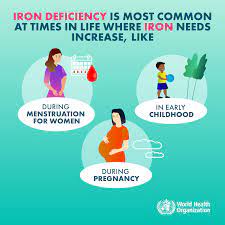Adopting a nutritious diet can significantly reduce the severity of chronic pain, according to groundbreaking research from the University of South Australia. The study, which highlights a strong connection between healthy eating and pain management, has the potential to transform lives, particularly for women.
Published findings indicate that individuals who consume more foods aligned with the Australian Dietary Guidelines experience lower levels of body pain. The study, reported by Xinhua News Agency, underscores the importance of core dietary components such as vegetables, fruits, grains, lean meats, and dairy products.
“It’s common knowledge that eating well is good for your health and well-being,” said Sue Ward, a co-author of the study. “But knowing that simple changes to your diet could offset chronic pain could be life-changing.”
Chronic Pain: A Global Concern
Chronic pain affects more than 30 percent of the global population, with women and individuals who are overweight or obese being particularly vulnerable. Unlike previous research that linked weight to pain severity, this study found that dietary quality plays a significant role in alleviating discomfort regardless of a person’s weight.
The researchers theorize that the anti-inflammatory and antioxidant properties of nutrient-rich foods may be responsible for the reduction in pain. However, they caution that the causal relationship is not yet fully understood.
“It’s still unclear whether poor diets lead to more pain or if pain results in poorer eating habits,” Ward explained.
Gender Differences in Pain Reduction
Interestingly, the study revealed that the benefits of a healthy diet were more pronounced in women than in men, although the reasons behind this disparity remain uncertain.
“Knowing that food choices and the overall quality of a person’s diet will not only make them healthier but also help reduce their pain levels is extremely valuable,” Ward added.
Implications for Public Health
This research reinforces the importance of adhering to balanced dietary guidelines, not just for general health but also as a potential strategy for managing chronic pain. The findings could inspire new approaches to pain management that emphasize lifestyle changes alongside traditional medical treatments.
For those living with chronic pain, these results offer a simple yet powerful tool: eat well to feel well.












